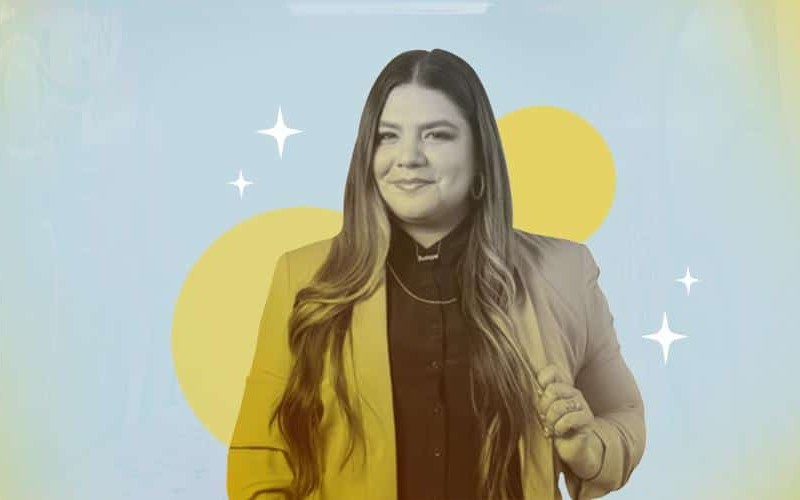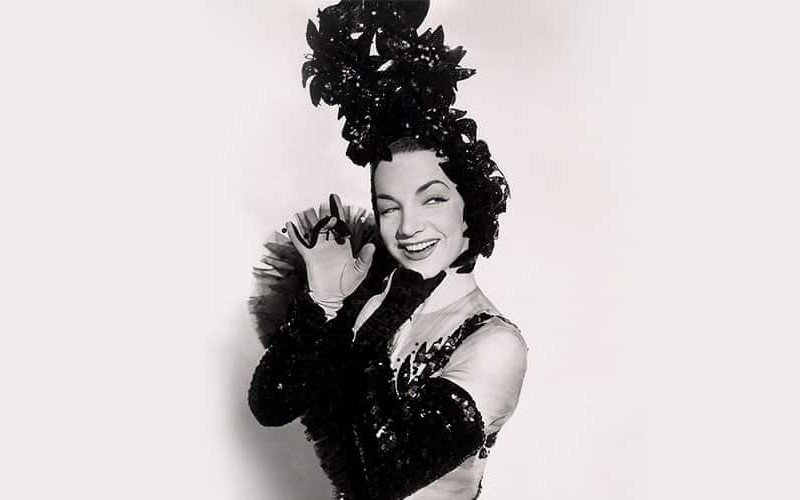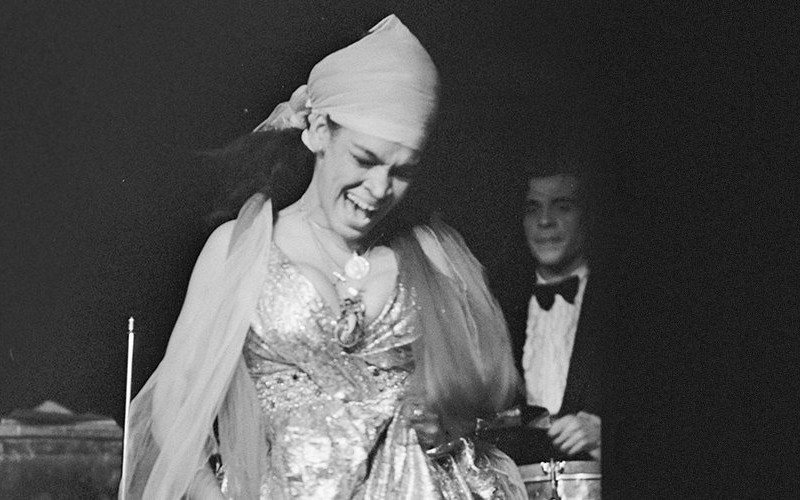Meet Kristine Rodriguez from GRL Collective, a Brand for Girls that Give a F*ck
GRL Collective is a Latina-focused lifestyle brand with badass designs that donates a portion of its profits to notable non-profits.

GRL Collective has been taking the web by storm with its amazing designs and Latina-focused vibes. Donating a portion of its profits to notable non-profits like RAICES Texas and Black Lives Matter, this is a brand with a serious attitude that also does good. The biggest portion of its profits goes to The Sambhali Trust, an organization dedicated to funding education for girls in India.
Kristine found herself having to pivot her business to meet the large surge in sales after her Lucha graphic that showed solidarity with the #BLM movement went viral and gave her business more eyes than ever before. Since then, she has continued to grow her business and make waves in a socially conscious way.
Check out our interview with Kristine Rodriguez, Alpha Latina, and owner of GRL Collective.
This interview has been lightly edited for clarity and flow.
How did you get started and what inspired you to start your business?
I started GRL Collective in 2017 after testifying against my abuser in a public trial & taking a 40- day life-changing trip to volunteer with a women and girls empowerment program in India. I was hand-making earrings to raise money to pay for my airfare for this trip and realized that I could continue making the earrings to sell and send a portion of the proceeds back to India to support the education of the girls who had changed my life.
We know a part of your proceeds gives back to young girls. How much of this impact drives your business decisions?
I would say it impacts it tremendously. We have to make sure we’re being super mindful of our margins, our costs, etc. so that we end months and years being profitable. If we do not turn a profit we can’t donate and it defeats our purpose.

Source: GRL Collective
You went viral and that’s how your business really took off. Was your business prepared? Were you mentally prepared for this?
I honestly don’t know if there’s any way to fully prepare for the virality of the internet and how quickly it can change your life. When you’re a super tiny business, you usually don’t have the capital to prepare for a giant surge in sales, which was the case we were in. Being an entrepreneur is all about thinking quickly and pivoting when needed and that’s what we did! We garnered sales by offering made-to-order since we couldn’t afford to stock inventory otherwise and we over-communicated wait times to our existing and new customers.
Mentally, it was hard. I felt like my baby (GRL Collective) was growing at a steady pace then all of a sudden it went from a 2-year-old to an 18-year-old overnight. It made me anxious to have all these new eyes on us when all they had known us for was the Lucha image and nothing else. Social media can be so beautiful and it can be so ugly, and struggling with anxiety made me afraid of the ugly now that we were growing. The community we had grown to at that point felt so intimate and safe and it took a bit to recalibrate and feel that intimacy with a bigger community but we did it. I was able to gain my footing again and move forward while being able to create more change with a bigger and even more engaged community!

Source: GRL Collective
What are some challenges you faced that you didn’t expect as an entrepreneur?
Learning to be more confident in me and in my business. I have always been the behind-the-scenes person, coming from working in the music industry that was all I ever knew before becoming an entrepreneur. I quickly realized that the kind of brand I wanted to build required me to be the storyteller. The more I shared and the more vulnerable I was, the more that other women felt seen and could relate, and that’s all it took for me to push my shyness aside and dive right in to be the face of my brand. I love having a personal connection with our grls, as we continue growing, I don’t want that to EVER change.
——————
This interview is part of Luz Media’s Alpha Latina: Small Business Saturday series. This series highlights the accomplishments of Alpha Latinas making a difference in their communities through their businesses. Interested in being featured? Email us.




